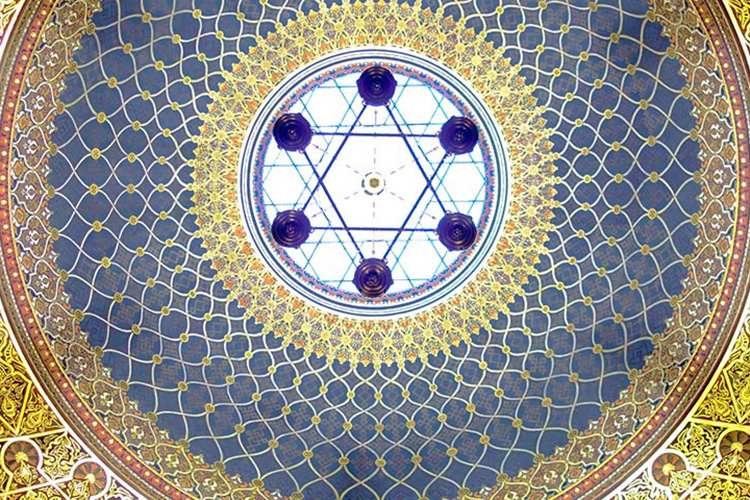Judaism
Jewish theologies
Jewish theologies reflect on God as One, the creator and sustainer of the universe. God rested on the Sabbath, established a covenant with Abraham, redeemed the people of Israel from slavery in Egypt, and gave them the Torah with its laws and its history. Jews share a messianic hope for peace and justice in the world’s future. Many Jews celebrate the Sabbath and other holy days, pray daily, learn Torah, and keep dietary restrictions called Kashrut.
Defined in its widest sense, Jewish theology encompasses reflection on the relationship between humanity and the divine as mediated by the textual traditions of Jewish literature: the Hebrew Bible and its Rabbinic commentaries, Talmud, Halakhah (law), Aggadah (narrative), Kabbalah (mysticism), liturgy, responsa, history, and philosophy. As speech about God, theology includes literature that speculates on the nature of the spiritual and the divine. This discourse includes constructive, historical, and analytic approaches.
Jewish theology in the Encyclopaedia
Judaism includes a variety of opposing opinions and approaches to theological questions: ‘the Torah has seventy faces’. In both biblical and Rabbinic literature, the discursive attempt to enunciate Jewish beliefs is a dialogic, multivocal process. To demonstrate this dialogic nature, the St Andrews Encyclopaedia of Theology aims to feature entries with collaborative content from different authors showing how these beliefs develop both historically and conceptually. Entries will explore the objects of Jewish belief and the range of approaches used to analyse them.
Contributions
The editors are currently approaching select leading and emerging scholars to serve as authors and advisors in the Judaism section of the Encyclopaedia. Additionally, inquiries are welcome from established researchers in any field of Jewish theology, broadly defined, to discuss in what area they might contribute.
For more information, please contact the editorial team at encyclopaedia@st-andrews.ac.uk.
